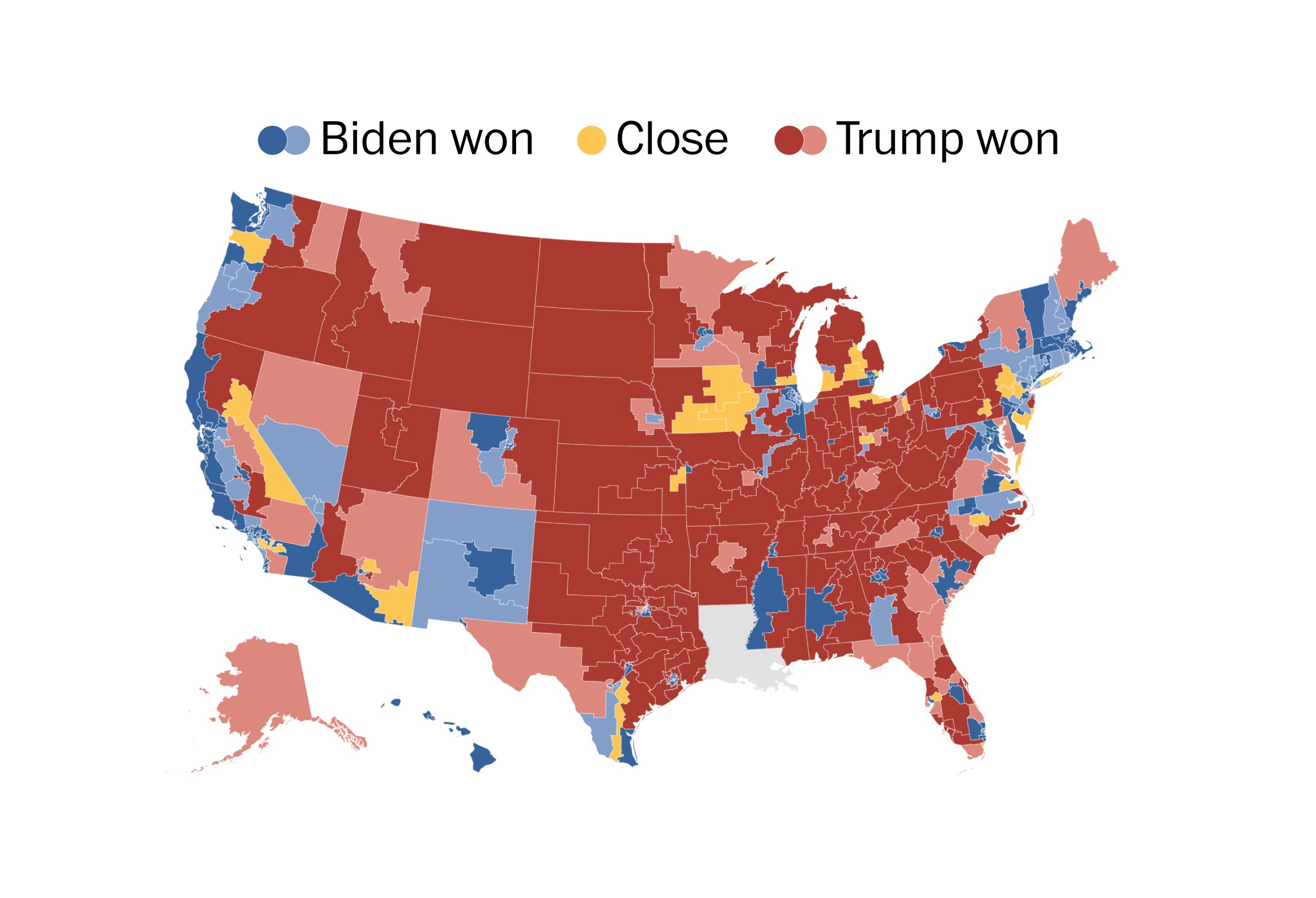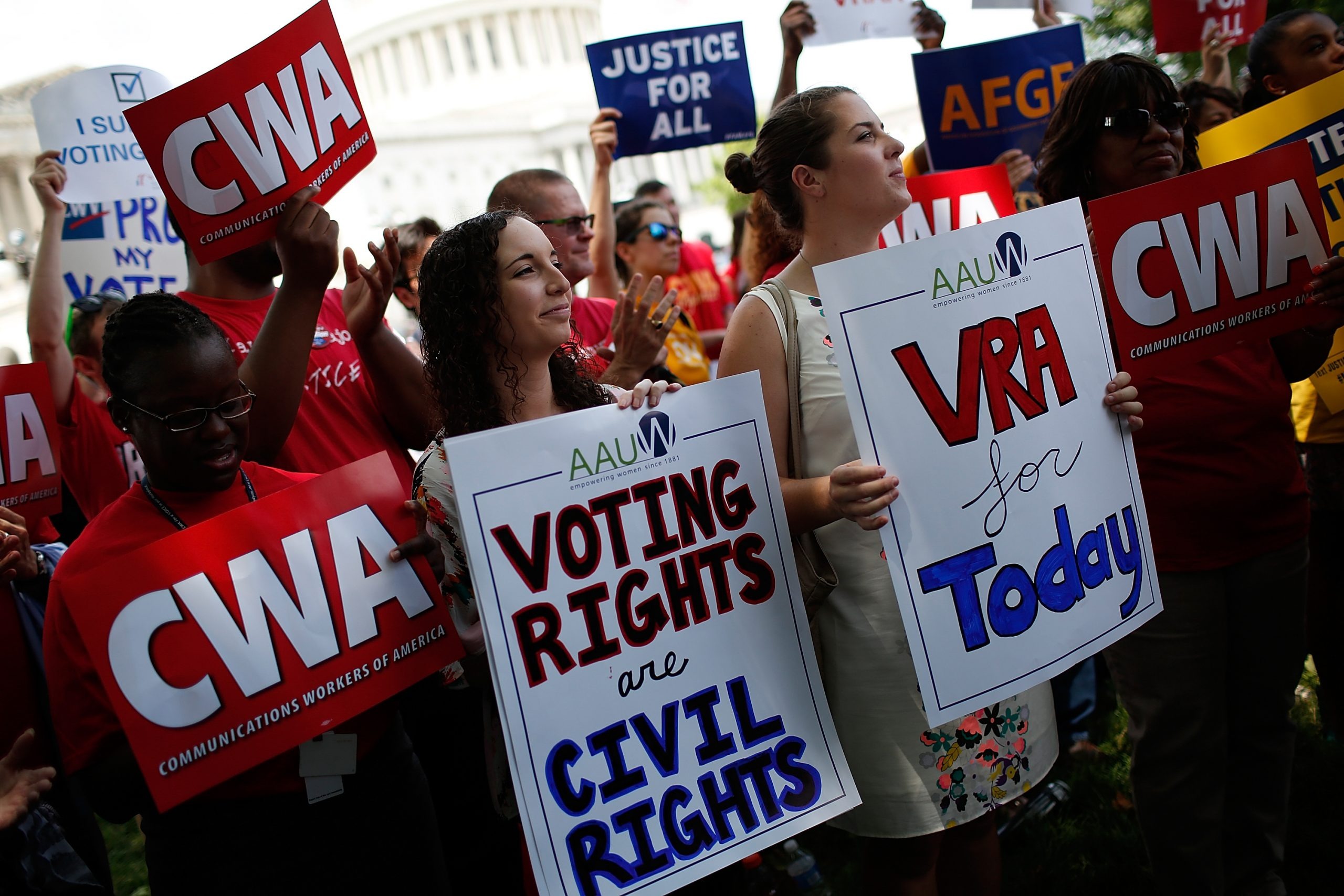Republican lawmakers are spearheading a renewed effort to change the way the country’s election maps are drawn by proposing to exclude millions of non-U.S. citizens from the census results used to determine House seats and Electoral College votes.
These proposals, which have been introduced in the current Congress, aim to alter the congressional apportionment counts by subtracting some or all noncitizens, a move that faces constitutional and practical challenges.
Despite the long odds of success in the divided Congress, the Republican-controlled House is set to vote on a bill that calls for excluding “individuals who are not citizens of the United States” from apportionment counts.

Additionally, there’s a proposal to amend the Constitution to mandate citizens-only apportionment counts, although it has been stalled in the House Judiciary Committee.
The push for these measures aligns with Republicans’ emphasis on immigration as a key campaign issue, particularly in light of concerns about noncitizens voting in federal elections. Former President Donald Trump and House Speaker Mike Johnson have amplified this focus, with some conservative groups preparing for potential action if Trump returns to the White House.
Some Republican lawmakers are advocating for the exclusion of all noncitizens, including green card and visa holders, from apportionment counts. To implement this, new census questions would need to be introduced to identify noncitizens accurately.

Republican Rep. Clay Higgins of Louisiana, a co-sponsor of the Equal Representation Act, argues that the growing number of illegal immigrants in the country undermines the intended representation in the House of Representatives, justifying the need for excluding noncitizens from apportionment counts.
The proposals primarily target unauthorized immigrants, estimated to be around 10.5 million in 2021, according to Pew Research Center data. However, some lawmakers cite a broader estimate of approximately 22 million noncitizens, arguing that their presence distorts the principle of “one person, one vote” and necessitates fair apportionment based on equal representation of citizens.


